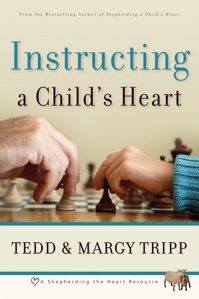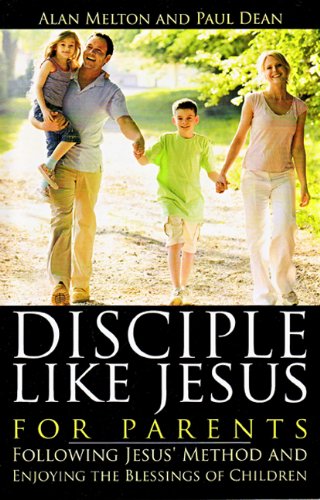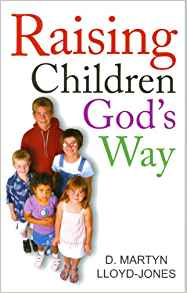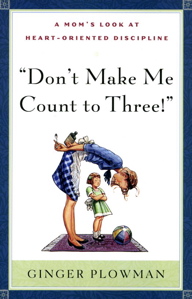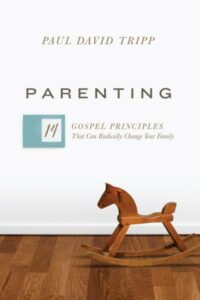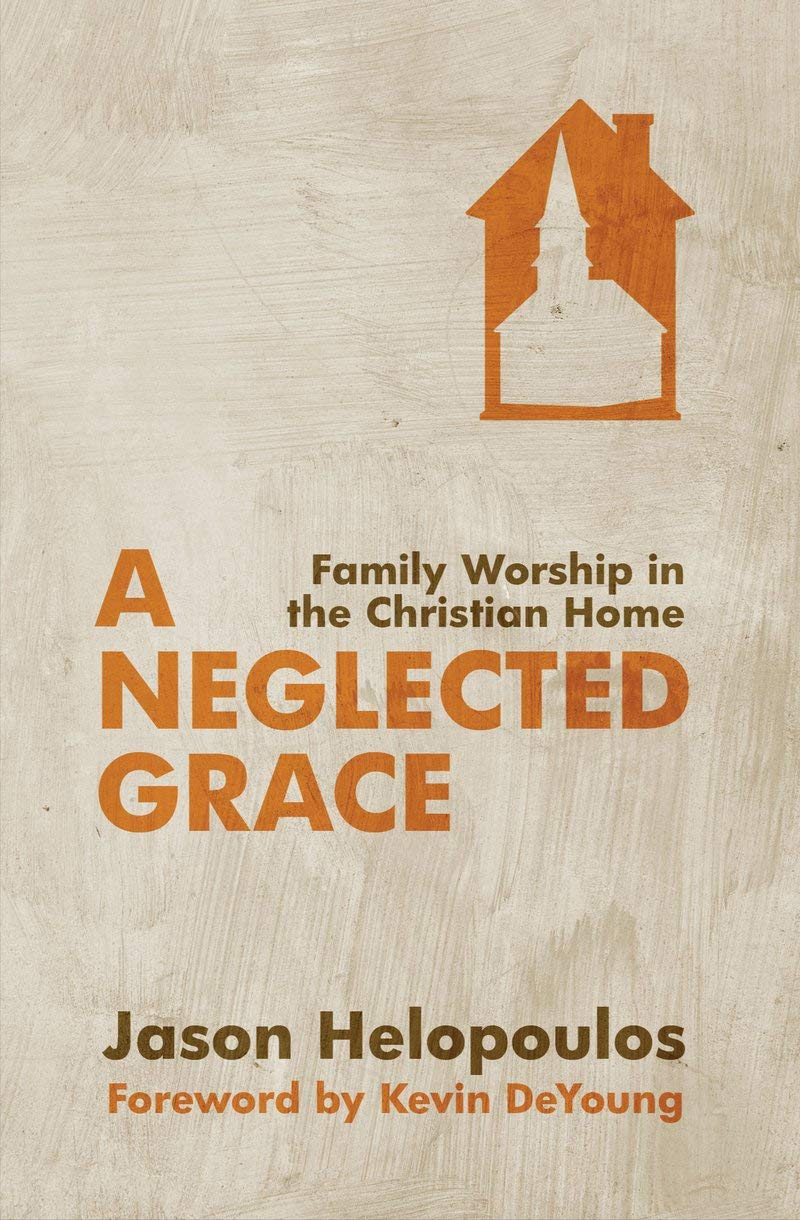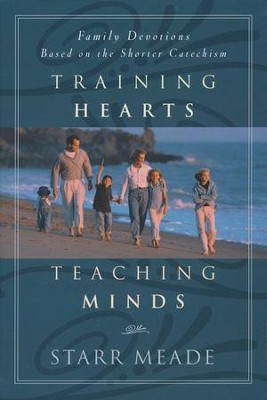THE head of a family should act the part of a PROPHET towards the rest of his household, and impart to them such instruction as is calculated to answer the purpose for which he is placed in honour and authority over them. Without such instruction, he can not, and ought not, to expect to accomplish much by the exercise of parental discipline.
‘These words which I command thee this day, shall be in thine heart; and thou shalt teach them diligently unto thy children, and shalt talk of them when thou sittest in thine house, and when thou walkest by the way, and when thou liest down, and when thou risest up,’ Deut. 6:6, 7. This does not relate merely to instruction in the school, but particularly to familiar, domestic teaching. This instruction must concern the word of God, including its doctrines and duties. It must be imparted with diligence, with patience, and frequent repetition The natural blindness of the mind to spiritual things, and the darkening of the understanding produced by sin, render such diligence absolutely necessary, in order to make any tolerable progress in the work of domestic education.
The natural opposition of the heart to spiritual and holy knowledge, seems to require the affectionate, careful, and frequent inculcation of divine truth.
The language of the carnal heart is, ‘I desire not the knowledge of these things.’ And the reason is to be found in that Scripture declaration, ‘the carnal mind is enmity against God.’ Men naturally, therefore, ‘love darkness rather than light.’ Weeds grow apace, but good plants require a careful and patient cultivation. The former are indigenous, the latter are exotic, and require the utmost diligence and watchfulness in planting and nurturing them.
The memory has been greatly impaired by sin, and children are particularly forgetful of that which it is of the most importance they should remember. Hence the necessity of inculcating again and again the same truths.
This work, in order to prove effectual, must be commenced at a very early age. Recent experiments have demonstrated that children are susceptible of important instruction, at a much earlier age than has hitherto been thought possible.
The Infant School System has developed many important principles in regard to the early education of children. Many children are now in possession of much information, although not yet advanced to that period of life, at which but few, if any, hitherto deemed it expedient or important even to commence instruction. Impressions may be very early made, and with much more ease too, than at any subsequent period. The mind of a child is like soft wax, that is susceptible of any impression that may be attempted, and that without much difficulty. First impressions are the most lasting, and are removed with great difficulty, if ever removed at all. Indeed, perhaps at any age it is far more difficult to remove impressions than to make them:
‘As the twig is bent so the tree’s inclined.’
Even in old age, after having passed through the trials, the turmoils, and vicissitudes of a protracted life, the principles instilled in early life, are not forgotten, but are often more fresh and vivid in the mind, than those adopted in later years.
And it should ever be borne in mind by parents, that impressions will inevitably be made upon the minds of their children. If they do not make them, others will; and if they be not good, they will be bad.
The young and tender mind, like the chameleon, receives its colour from every thing around it. If it be neglected by you, it will not be by the devil. ‘While the men slept, his enemy came and sowed tares among the wheat,’ Matt. 13:25. The neglected mind of a child is like an untilled garden, it will not be barren, but be overgrown with noxious weeds, which will choke and destroy every wholesome plant which may occasionally take root. Parents will then have a double work to perform. They must remove bad impressions, and root out injurious principles; make good impressions, and instill right principles. But ‘fill the bushel with wheat, and ,you may defy the devil to fill it with tares.’
I am aware of an objection which some make to the course above proposed, which is perhaps made rather to relieve the objector of the duty in question, than because he believes there is any force in the objection itself, and which, on that account, hardly deserves notice in this little essay; but a passing remark may not be misplaced or useless. The objection is, that the minds of children ought not to be forestalled in the matter of religion; that it is taking an unfair advantage of their tender age, and virtually depriving them of the liberty of choice and judgment, in a matter so important. To say nothing of the anti-scriptural character of the objection, we may observe, that the objection takes for granted, what we and all Christians are very far from conceding, namely, that there is nothing in the heart of a child which predisposes him to a wrong choice, and that the natural understanding of a child, even at the age when he should make the choice, is sufficiently enlightened in spiritual things to make a good one. The Scriptures declare that ‘the natural man receiveth not the things of the Spirit of God, they are foolishness to him; neither can he know them, because they are spiritually discerned.’ Those who make this objection have certainly never seen nor felt the necessity of any religion themselves. For the question now is, not between different creeds, but between religion and irreligion. Had they found the pearl of great price, they would not be disposed to conceal it from their children, lest their discovery of it to them, should forestall their opinion as to its character and value. Had they been made sensible of the awful danger to which they and their children were exposed, they would not refuse to point it out to them, and warn them, lest they should thereby forestall their opinion of that danger, or of its existence at all. They can have no settled belief in truth themselves, and do clearly manifest an indifference to all truth, and recognise no distinction between truth and falsehood, right and wrong. Besides, had this been the mind of God, it were necessary that all men should have the requisite means and opportunity of arriving at the truth; but this is so far from being the case, that even with such advantages, few arrive at the truth, who have not been the subjects of early instruction. And finally, as to this objection, if natural reason be a sufficient guide to the discovery of truth and duty, as those who would rescue children from the unfair advantage of early instruction, suppose to be the case, then natural reason is a sufficient light to distinguish between truth and error, when proposed to its decision by others: so that they are in no more danger of being betrayed and led astray by instruction, than by being left to themselves.
However, the command to teach your children diligently the words of the Lord, has never been revoked, and the apostolic injunction to ‘bring up your children in the nurture and admonition of the Lord,’ is still in force, Eph. 6: 4. ‘My son,’ says Solomon, ‘hear the instruction of thy father, and forsake not the law of thy mother,’ Prov. 1:8. This implies the duty of parental instruction; and it is much safer to hearken to the advice of Solomon, the wisest of men, and withal, divinely inspired, than to walk in the counsel of the ungodly, Ps. 1:1. For, ‘the counsels of the wicked are deceit,’ Prov. 12:5.

